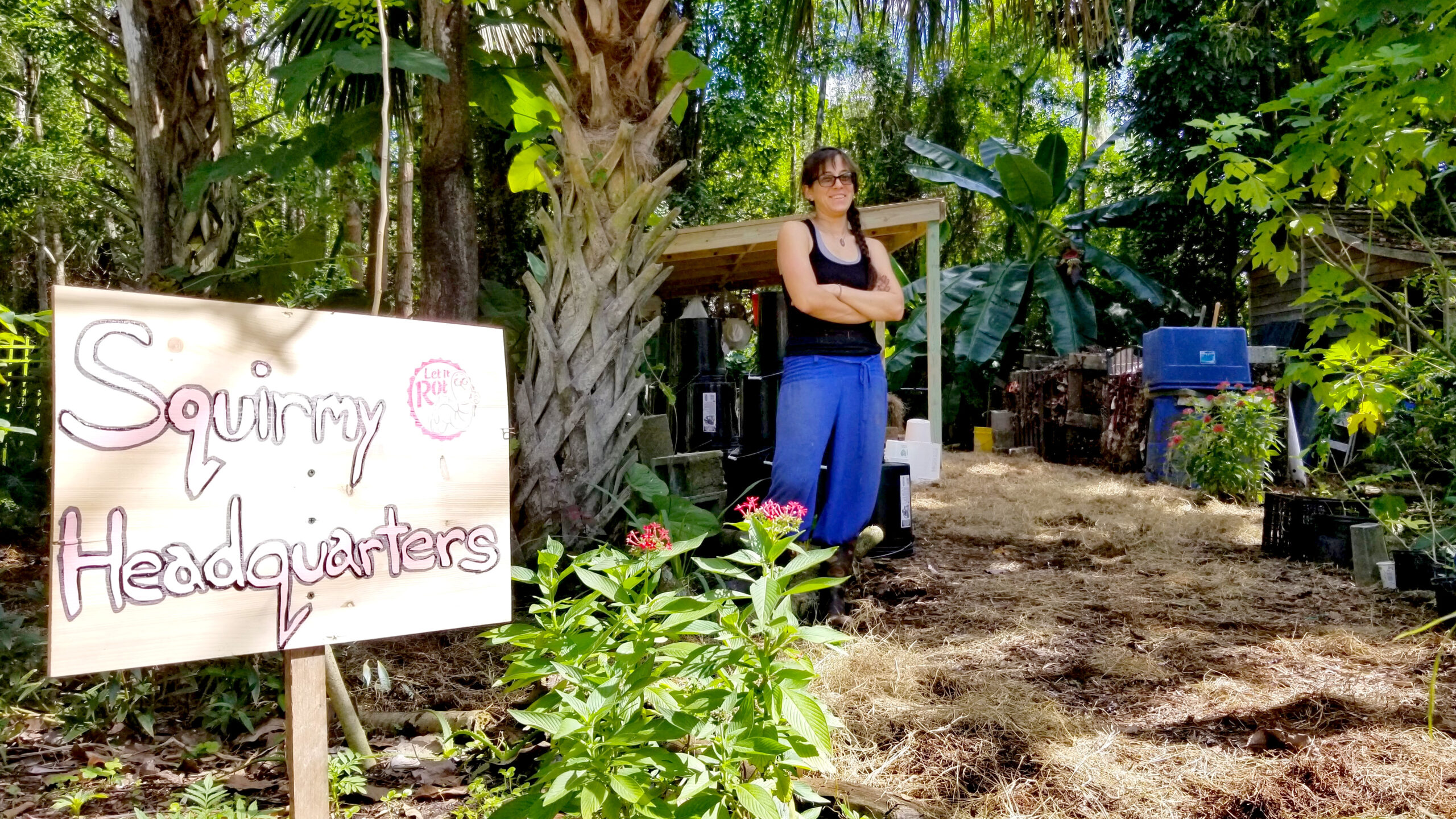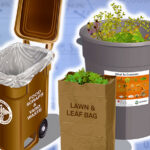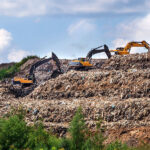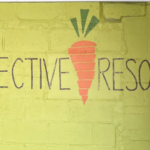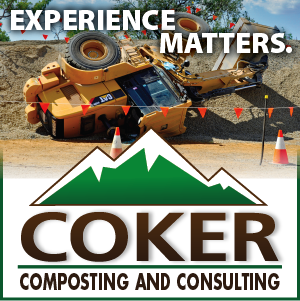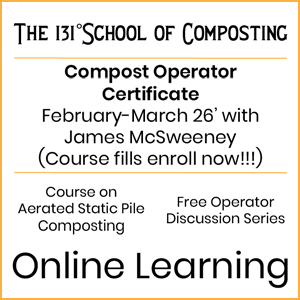Top: Melissa Corichi started Let It Rot, a microhauling and community composting enterprise, in 2015 in Palm Beach County, Florida. Photos courtesy of Let It Rot.
In a classic David vs. Goliath maneuver, the Solid Waste Authority (SWA) of Palm Beach County, Florida used cease-and-desist orders and threats of daily fines to shut down Let It Rot, a microhauler and community composter in Palm Beach County, because it was violating the county’s flow control authority that directs solid waste to its two waste-to-energy plants. Melissa Corichi started Let It Rot in 2015 as part of a college social entrepreneurship class. She was working with the Palm Beach County Food Bank and became aware of the tons of inedible produce that the food bank had to throw away. “I applied for a grant and got $25,000 to start a composting operation at the food bank,” explained Corichi during a podcast interview with Linda Bilsens Brolis, senior program manager at the Institute for Local Self-Reliance’s Composting for Community Initiative. “We opted to build a worm bin and diverted about 7,000 lbs of vegetative food scraps the first year. The project wasn’t successful in large part because I was just learning how to vermicompost. About that time, I had connected with the national community composting movement and decided to start my own company to collect and compost food scraps.”

Melissa Corichi was ordered by the Solid Waste Authority of Palm Beach County to cease and desist Let It Rot’s collection and composting of food scraps because it was violating the county’s flow control authority.
Let It Rot evolved, growing to about 250 residential and some small food business customers. She worked with a community garden and a network of backyard composters to process the collected organics. By 2022, Let It Rot was collecting about 80,000 lbs/year (40 tons) of food scraps. Then, in April 2022, Corichi received a phone call from the SWA of Palm Beach County, ordering her to cease and desist. “I was informed I was not a registered entity with SWA and need to be a registered subcontractor to work in the waste hauling and processing industry in Palm Beach County,” she says. “I explained that according to state law, Let It Rot was too small to be regulated. But I was told, flat out, that I would not be issued a permit because organics recycling isn’t allowed in Palm Beach County due to SWA’s flow control authority that ensures the waste generated in the county, and the associated revenue stream, is delivered to the SWA to meet its financial obligations. The SWA said I was ‘stealing’ from them and Florida Power & Light, which purchases the electricity generated by the waste-to-energy plants.” She adds that SWA sent representatives to her business customers listed on Let It Rot’s website and informed them that they were operating illegal transfer stations and would be fined $500/day if they continued having Let It Rot collect their food scraps. The businesses canceled their Let It Rot collection service.
“Since receiving that phone call in April 2022, SWA sent me seven cease-and-desist packages via certified mail,” notes Corichi. “I am closing Let It Rot. It’s a loss both for myself and the amazing network of people I worked with who believe that we need compost to build healthy soil in south Florida.”


